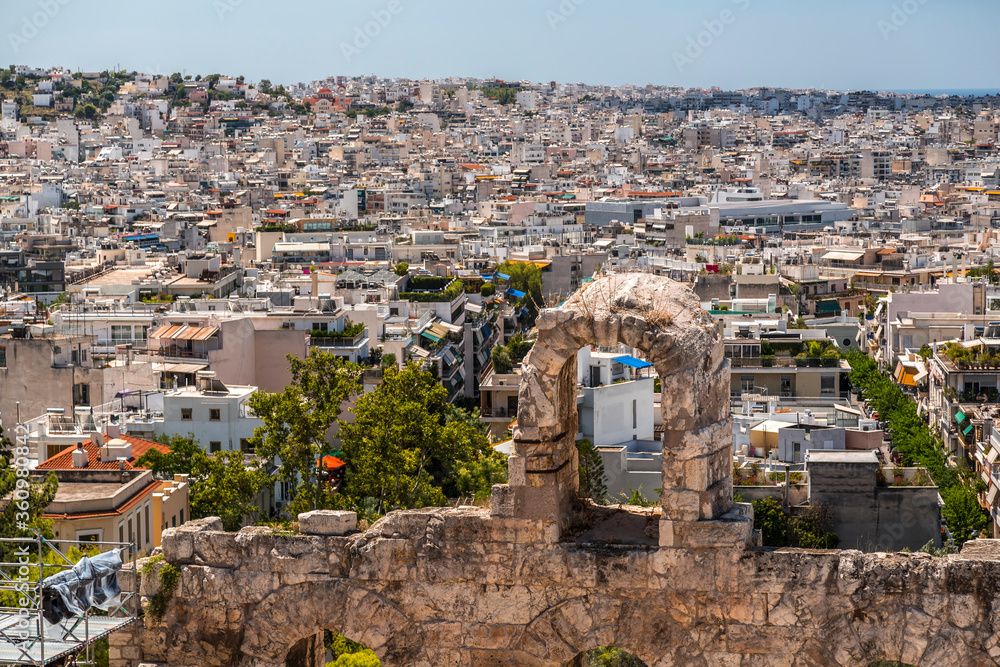
Under Western Eyes: A Decolonial History of Modern Greece

Modern national identities evoke the past to construct a sense of continuity, uniqueness and purpose to their contemporary citizens. Greece is perhaps one of the most telling instances where representations and perceptions of the past have overdetermined the way modern Greece sees itself and is seen by others.
These perceptions of the “glorious ancient past” have not been shaped by Greeks only, but also by the appropriation of “ancient Greece” by the West, in its effort to delineate a distinctive and cohesive Western identity. To what extent the legacy of “ancient Greece” is a precious heritage only and when does it become a yardstick to model and measure national history, the urban landscape and collective identity? Being “Western” has been perceived as a marker of progress and modernity and as an advanced stage in the developmental course of history, while the “Orient”, or the “East”, has been associated with exoticism but also perceptions about tradition, under-development, or even backwardness.
Situated at geographical cross-roads, Greece is perhaps an ideal example of the multiple ways this dilemma – between the East and the West, between tradition and modernity, between Europe and the Orient – has shaped modern Greek national identity, local mentalities, the perception of the Greek self and the gaze of the West on Greece. This course will examine such issues by canvassing modern and contemporary Greek history from the eve of the national revolution to the recent financial and refugee crises, which have brought Greece to the center-stage of global political developments.



